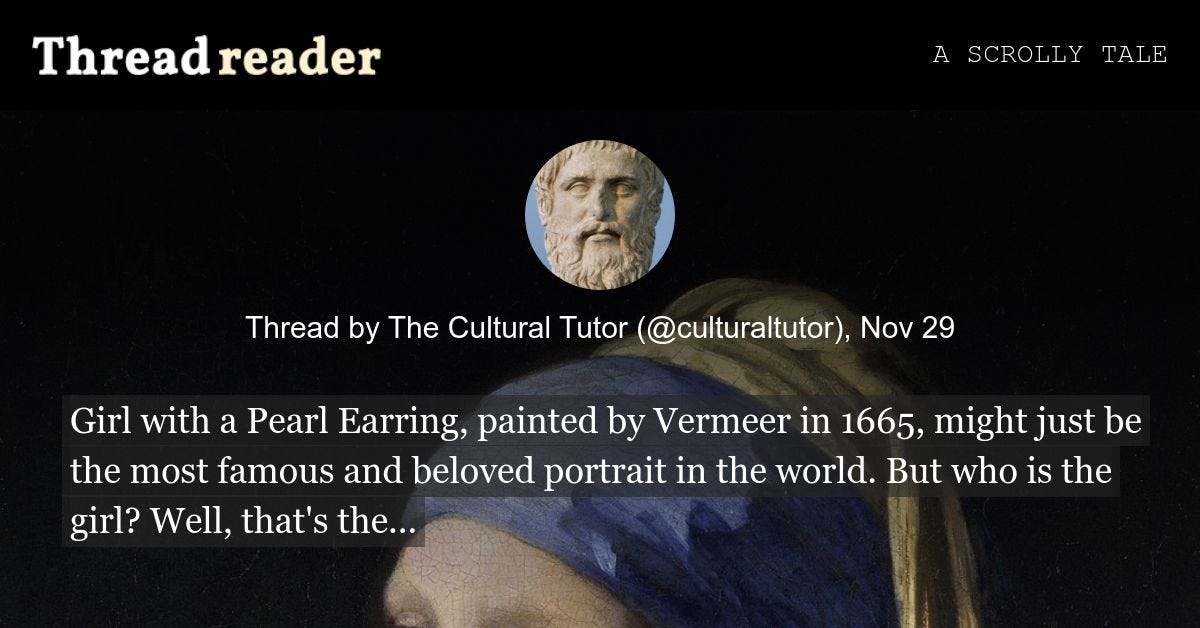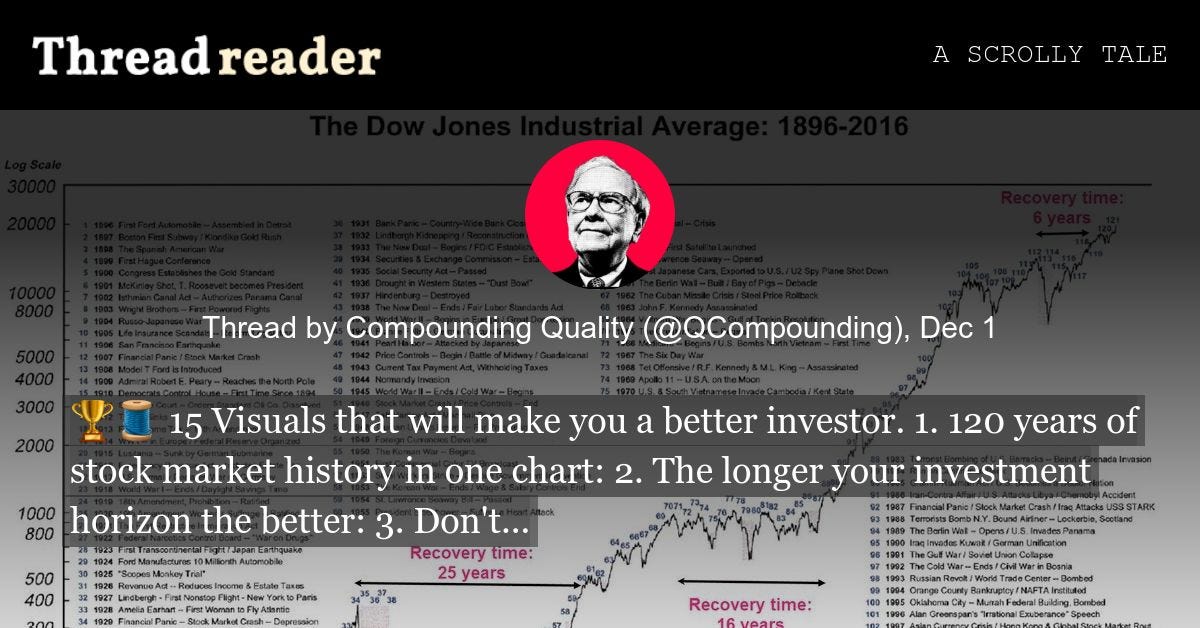I’m a frugal person by nature and have spent many a happy break just whiling around the Reddit board r/frugal looking for lifestyle tips to save that extra buck. But when I came across this post proclaiming that quality of products are in steep decline, it did not sit well.
I’m also a contrarian by nature. So, while others echoed this common sentiment in agreement, I couldn’t help thinking: how many things have we forgotten in the past 5, 10, 20, 40 years? In other words, what if the things we remember (and cherish) are the ones that have survived over many years?
And of course, if we mainly remember things of the past that are still useful to us today, then we have a warped view of what the past was like. We would naturally think it was filled with things that just lasted a long time!
It’s just fascinating to think about how time warps our minds.
One of favorite recent newsletter discoveries is
’s . And his latest article, The End of Tech Moats, is definitely worth a read (go ahead, I’ll wait…)While reading the article, I was just totally nodding in agreement… until my contrarian nature kicked in: if Musk succeeds in operating Twitter with 1/4 of the workforce, will it really be the end of tech moats?
I wholeheartedly agree that this would be a pivotal change for “Big Tech”. And it is definitely not a good thing for employees of Big Tech. But if Big Tech manages to succeed with way fewer employees and cuts down on bloat, isn’t that a good thing for the companies themselves?
History may be a good guide here. The granddaddy of Big Tech, Big Blue is still a $100 billion market cap company today. IBM’s tech moat as the leader of mainframes is still unchallenged. It’s just that mainframes faded and became irrelevant in our collective consciousness.
Microsoft is another good example. Even before the Nadella-led resurgence, the Microsoft monopolies of Windows and Office were never in question. No one has ever successfully contested Microsoft on these fronts. Rather, it was a low-selling expensive phone that made us forget about the WinTel duopoly.
Scale is definitely a pillar of strength for Big Tech. Unfortunately, she has many other pillars (aka moats) like network effects, distribution, brand, and an ever growing pile of riches. That’s why I am confident Twitter will survive despite some recent missteps in its transition. And I’m bullish on META 0.00%↑ even as many predict its demise
Just as it is not wise to poke a giant in the eye, it’s foolhardy to take on Big Tech head on. I do think Louie is right that as Big Tech gets on with its Big Layoffs, a few of the many unfortunately affected could in turn create the companies that will challenge the Big Tech of today. But I predict these challengers would not succeed by attacking the existing moats of the incumbents.
What I think Louie and I do agree on is that if you are laid off by Big Tech, give small bets a shot. Try out small experiments with small markets that no big company will deem interesting. Zig when Big Tech Zags.
Unrolls of the Week
One of my favorite features of Thread Reader is how we can turn media rich Twitter Threads into what we call Scrolly Tales. An example is worth a thousand words and several interesting ones cropped up this week. This
thread demonstrates the scrolly perfectly:And this thread on car hacking show it with a totally different vibe:
We try to figure out if an unroll is a suitable Scrolly through the simple heuristic of counting how many media attachments is related to the Twitter thread. This doesn’t work so well in information dense threads like this:
So, we’re still figuring out how to improve. Let me know if you have ideas how we can use Scrolly Tales for your Twitter thread.







What dimensions for the images make sense for a acrolly?